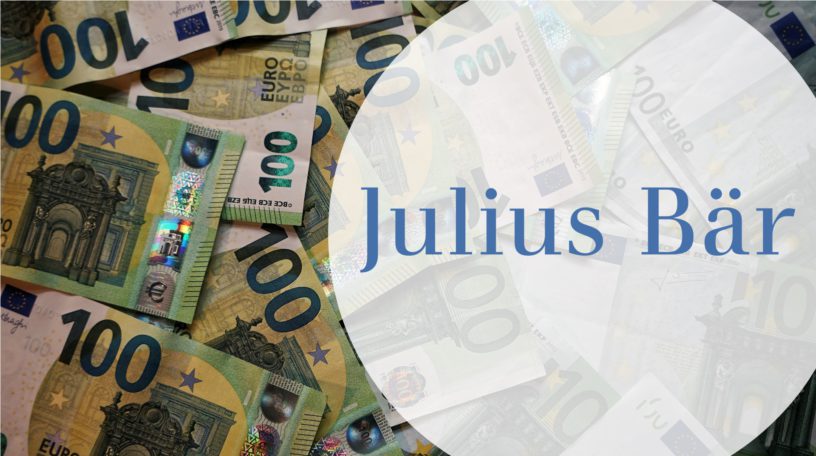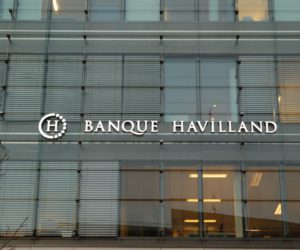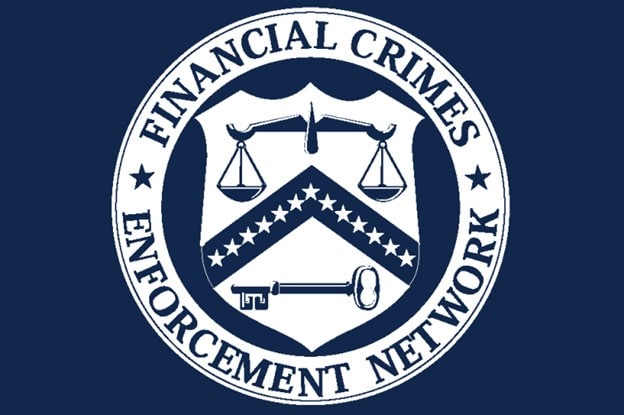By Dan Byrne for AMLi
ONE OF THE MOST PROMINENT BANKS in Switzerland has agreed to a multi-million-dollar payment over its role in the FIFA corruption case.
Julius Baer announced Monday that it had reached an understanding with the US Department of Justice to pay $79.7 million as part of its efforts to “pursue the closure of remaining regulatory and legal matters in cooperation with the relevant authorities”, according to a statement.
The bank advised that the settlement payment was “as anticipated” and follows another multi-million-dollar payment made in May of this year as a ‘first instalment.’ The payment came in two parts for logistic reasons associated with the pandemic.
The bank will likely hope that this settlement will close the book on a turbulent time for the institution.
It has been involved in 5-year legal proceedings revolving around the FIFA corruption case – a massive revelation of bribery among some of the body’s senior figures which resulted in the resignation and suspension of former President Sepp Blatter, as well as UEFA President Michel Platini.
Former Julius Baer employee Jorge Luis Arzuaga had previously pleaded guilty in the US to facilitating some of the related payments to FIFA officials from a sports marketing company. Another had pleaded guilty in 2018 to laundering funds in an embezzlement scheme involving Venezuelan oil company PDVSA, worth over €1 billion.
Swiss financial watchdog FINMA said the firm had fallen “significantly short of in combatting money laundering between 2009 and 2018,” because of this scandal. And in October, the bank announced it would be withholding nearly €5 million in bonuses from two former CEOs who were involved.
Upon announcing the payment to the DoJ Monday, Julius Baer reiterated the measures it has already taken to combat exposure to financial crime, including ‘de-risking the business’ and re-documenting each one of the bank’s client relationships – discontinuing those relationships which are deemed at risk of facilitating fraud.
Share this on:
Follow us on:








